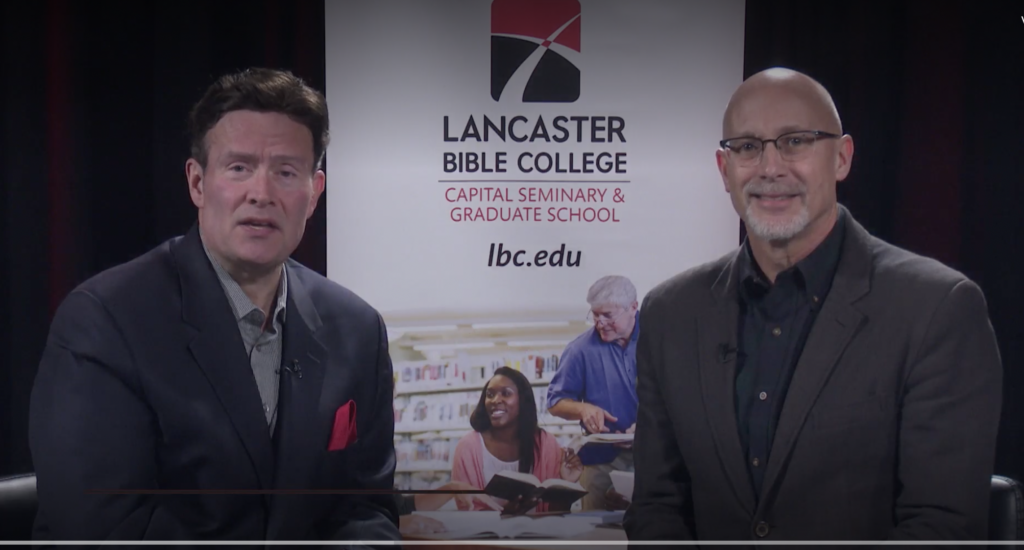
Some of you know that, for many years, I have had the privilege of teaching Advanced Homiletics to masters level students of LBC|Capital. Through my association with the school, I met Dr. Mark Meyer, a premier Hebrew and Semitic Language scholar. Most recently, I had the joy of completing my Ph.D. in Biblical Studies under Mark’s leadership.
A few years ago I asked Mark to consider making some videos after the fashion of Daily Dose of Hebrew. He agreed and we began shooting some videos in LBC|Capital’s film studio.
In addition to those videos, I also envisioned holding periodic workshops where Mark and I could meet with a group of preachers and teachers of Sacred Scripture and discuss ways to sharpen our gift.
Lord willing, we are offering workshops in Greenbelt, MD (LBC’s D.C. location) on April 15, 2023 and in Lancaster on campus on April 29, 2023. The times are from 10 a.m. to 2 p.m. More details should be arriving soon, but we will be focusing on the Psalms, the subject of my dissertation and one of Mark’s favorite places in Scripture.
I hope your sermon preparation is off to a great start. Sundays comes so quickly!
Randal
P.S. Mark and I are also talking about the possibility of holding a two or three day retreat with a select group for the purpose of tackling how to preach through a book of the Bible.



